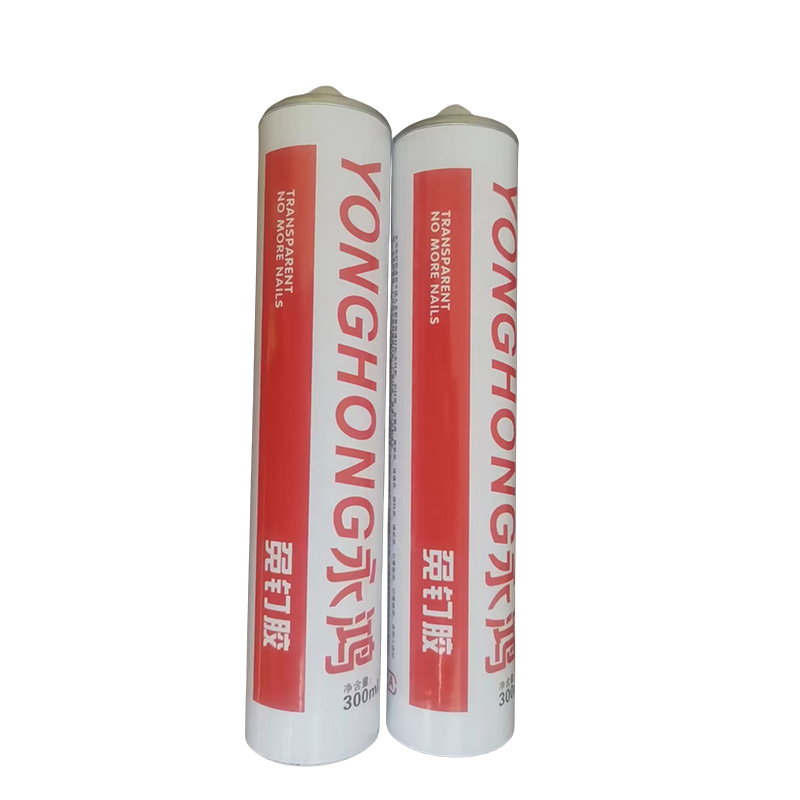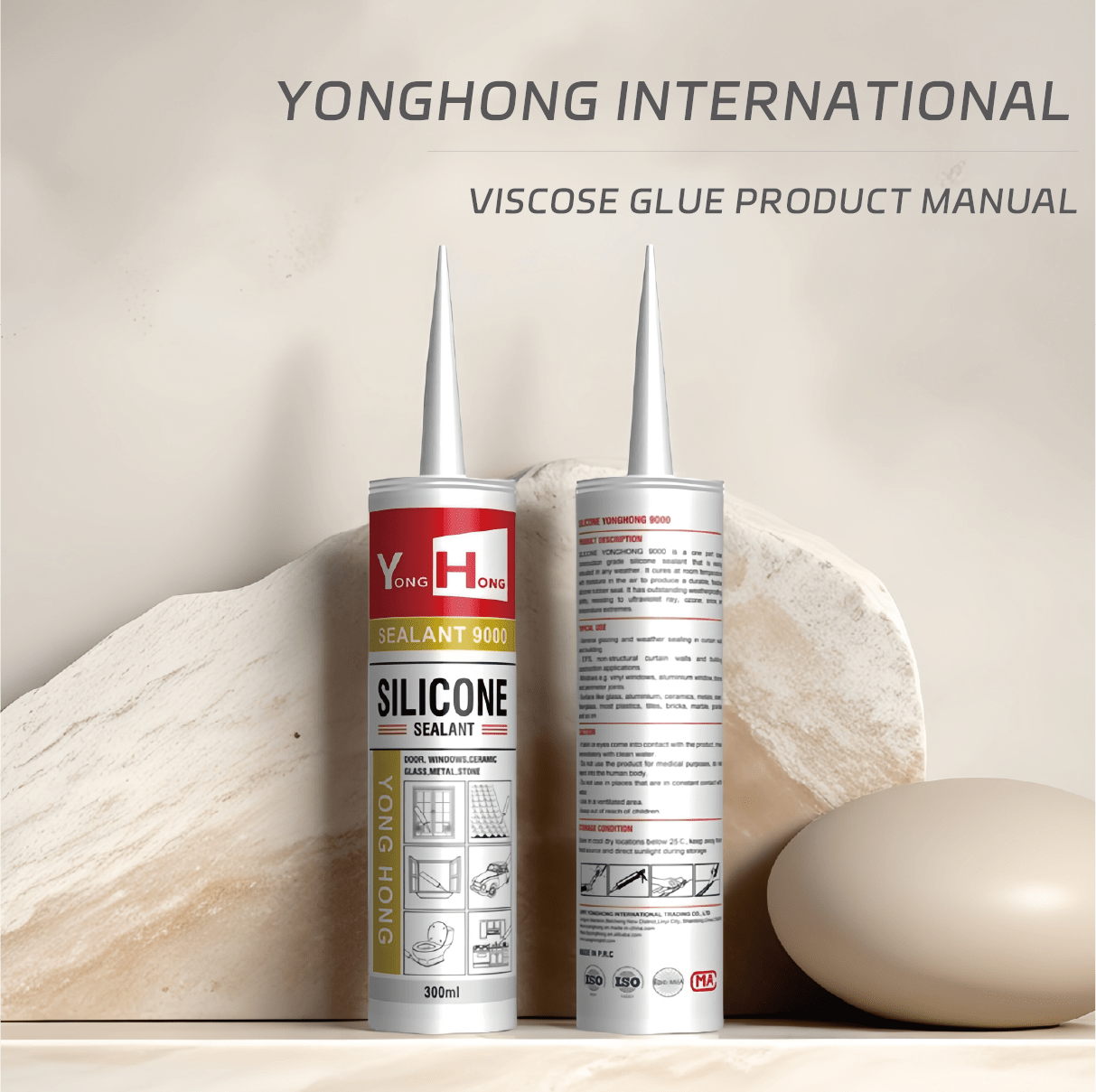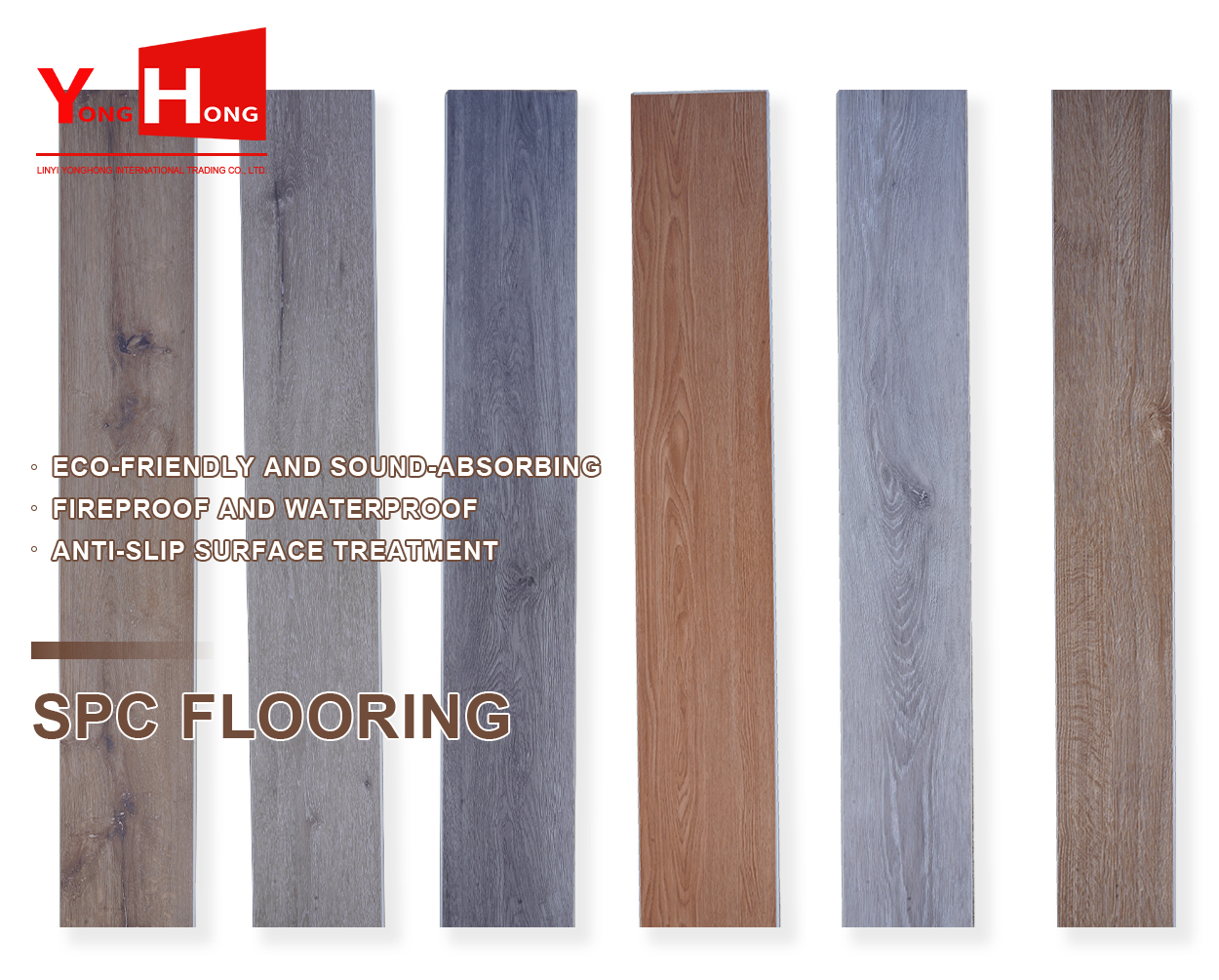It's tough to scale Qomolangma (Mt Everest), and even tougher trying to stay there.
That's the lesson China's top tennis ace Zheng Qinwen learned the hard way at Roland Garros after the world No 7 failed to repeat her successful "climb" last month over what has emerged a constant career hurdle in her deepest run at the French Open.
Hot on the heels of her first win over the same opponent two weeks ago, Zheng, however, found it's hard to get over "Mount Aryna" again in Paris as she struggled to bring out her best, caught up by the major-stage nerves, facing world No 1 Aryna Sabalenka in the quarterfinals at Roland Garros on Tuesday.
After one hour and 57 minutes of quick-firing exchanges, Zheng eventually conceded her seventh loss to the mighty Belarusian power hitter in their eighth encounter on the women's professional circuit in her first quarterfinal appearance at the red-clay major.
A disappointed Zheng, looking inconsolable after the 7-6 (3), 6-3 loss, summed up her failed attempt to tame her bitter rival again as a reflection of her mental vulnerability.
"I think I could've won the match. It's just that I got so tight and nervous that I couldn't deliver my best game, not even 60 or 70 percent of my top level," Zheng said in quivering voice at the post-match news conference, with tears welling up in her eyes.
"Facing such a high-stakes match which I wanted to win so badly, I think I should've stayed more calm inside and focused on each and every point, not the result.
"I got carried away by a quick start and early lead in the first set, losing my focus on sticking to my game plan, which actually went well in the beginning.
"This is a tough and important lesson I learned today," said Zheng, a 22-year-old who won Asia's first singles tennis gold medal at the Paris Olympics last summer at Roland Garros.
Bolstered by her first and only win so far against Sabalenka in the quarters at the WTA Rome Open last month, Zheng came out flying at Court Philippe Chatrier on Tuesday, breaking Sabalenka in the third game, thanks to a drop-volley and a pair of heavy forehand winners, to build a 4-2, 30-15 lead until nerves kicked in to disrupt her momentum.
As a more complete contender and more experienced three-time major winner, Sabalenka fought back quickly and took over with authority in the first-set tiebreak, stepping up a gear in her aggressive game in the second set to successfully avenge her Rome loss as she'd expected before the match.
Sabalenka has advanced to her 11th semifinals at the Grand Slams, the most of any woman since retired Russian star Maria Sharapova hit that mark also in Paris in 2011.
The 27-year-old Belarusian will bid to reach her sixth singles major final, and first at Roland Garros, against No 5 seed and defending champion Iga Swiatek of Poland on Thursday.
"That was a true battle, and honestly, I have no idea how I was able to break her and get back in the first set," Sabalenka said during her on-court interview right after the victory over Zheng.
"I was just trying to fight and put as many balls as I could back because I didn't start well. I'm really glad I found my rhythm and won this match."
A narrow defeat like that certainly stings, but Zheng's improved game, particularly reflected by the variety of her shots and tactics on clay, has offered her some positive takeaways.
Combining more drop shots, slices and volleys with her already punishing baseline shots and kick serves, Zheng pushed Sabalenka to her first tiebreak in five matches at this year's French Open.
Zheng's evolution is on the right path, according to her Spanish coach Pere Riba.
"She is truly open to improvement and change. Especially when she believes in it and when she sees that it's so obvious," Riba said during an interview posted on thesecondserve.com.
"She's going more to the net, she's doing drop shots, she's opening the court more, she's serving much better. And still, she can improve many things.
"But I'm really happy because for a coach to see that your player is improving gives sense to your job. Every year I watch her, she becomes a better player.
"In the end, you have to aim as high as you can. In my opinion, she has to aim to be No 1 and win Slams. If you want to win these events and be at the top, then the process requires these improvements," said Riba, who's been working with Zheng since she was 18 years old.






